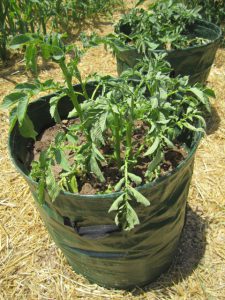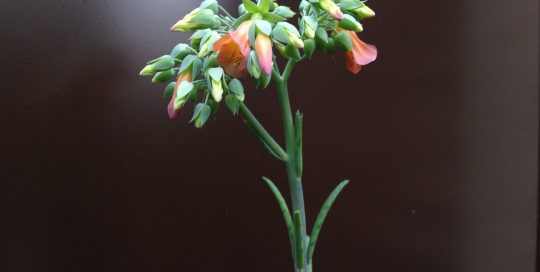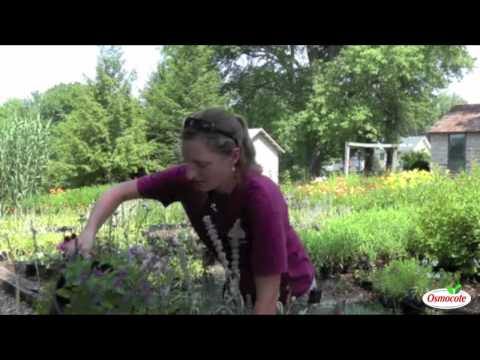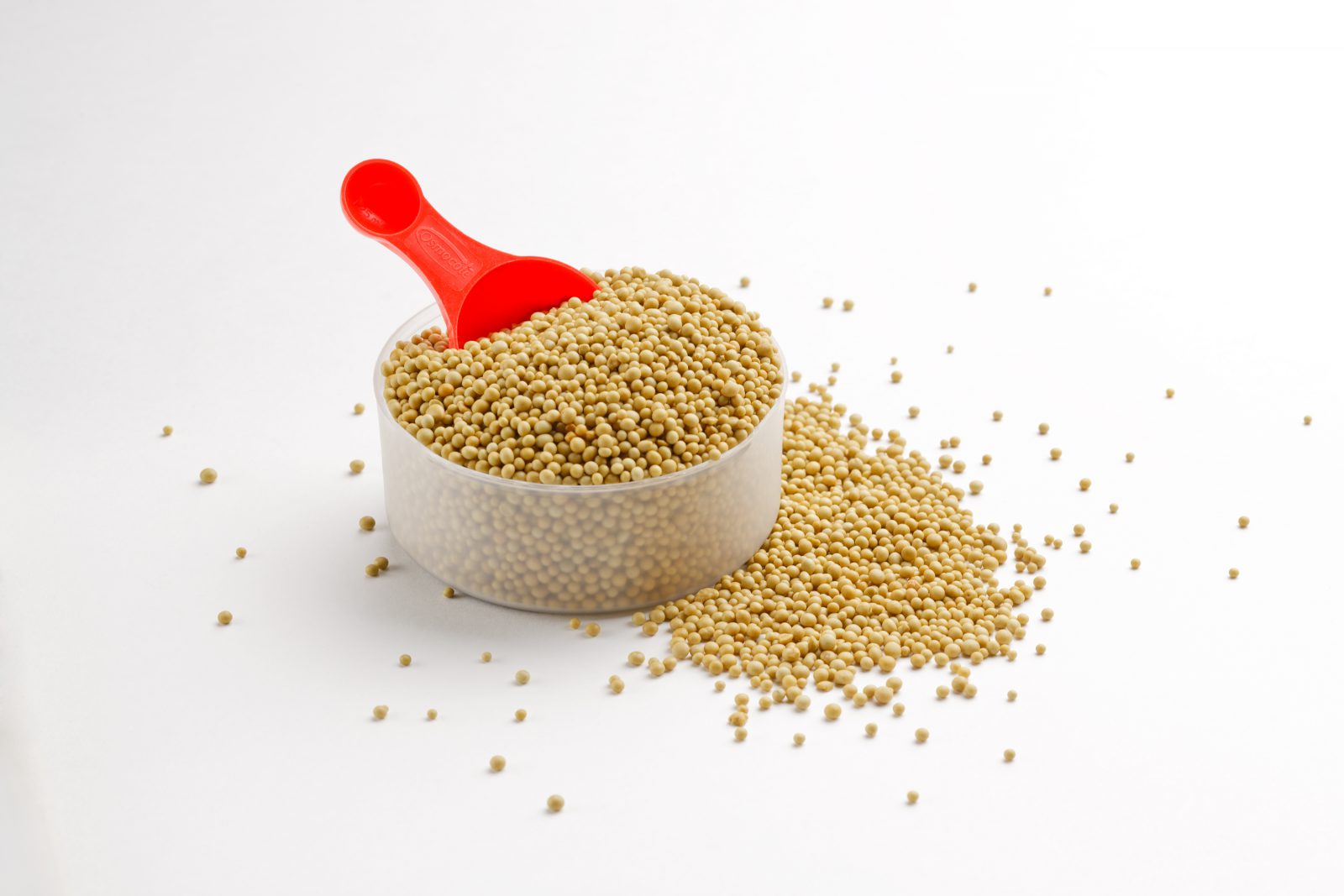Growing Vegetables in Containers
Views: 3883

Growing vegetables in containers is a great way to produce some your own food. This is especially the case if you have poor soils or don’t have room for an in-ground garden. Even if you do have the space for a vegetable garden, container gardening will spare you the effort of tilling and weeding. If you keep your containers near the door, picking fresh produce for dinner couldn’t be easier!
A vegetable container garden could be anything from a few decorative pots on your porch or patio to rows of grow pots with drip irrigation. It just depends on how much space you have, how much time you want to invest, and how much food you want to harvest.
Some vegetables are well-suited to container gardening, others are definitely not.
Let’s start with what not to grow. Steer clear of vegetables that grow on unruly vines like squash, cucumbers, and pole beans. These will be impossible to contain unless you have a substantial structure for them to climb. Corn would also be a poor choice for container gardening. It is much too tall and top-heavy for most containers. (Although it would make an interesting temporary screen when planted in a large trough-like planter). Also, perennial vegetables like asparagus and rhubarb are better suited for the ground.
Now for vegetables that are suited for container gardens:
Tomatoes
Tomatoes are best grown in large pots that are a minimum of 14 inches in diameter (at least 4 gallons of soil). Place a wire cage in the container to support the tomato as it grows. There are “patio” varieties of tomatoes that mature to around 2 feet in height. However, I have heard mixed reviews about the flavor and yield of these varieties. I say plant whatever tomato you want, just make sure to use a large sturdy cage to support bigger varieties.
Vegetable Containers: Bush Varieties
Varieties of beans, summer squash, and cucumbers can also be grown in large containers and are easily grown from seed, just make sure you are buying a bush, not a vining, variety.
Peppers
Peppers are well suited to container gardening, require at least a 12 inch diameter pot, and will benefit from support with a wire cage as well. Eggplant also requires a large container.
Carrots for Vegetable Containers
Carrots can be container grown as long as the pot is deep enough for the carrot to mature (check the seed packet for mature size). In fact, they may turn out better because loose potting soil will allow them to grow more freely than clumpy garden soil.
Potatoes
Potatoes can be grown in large deep containers (see picture). Place pieces of potato with at least 2 eyes in 4-6 inches of soil and cover with an additional two inches of soil. Keep moist, but not soggy. When leaves have grown about 6 inches, add more soil to cover about 1/3 of the plant. Continue this process until the soil level reaches a couple of inches below the rim of the container. Harvest when leaves wither, or earlier for new potatoes.
Lettuces to go in Vegetable Containers
Lettuces and other greens have shallow roots and do best in smaller, wider pots. Onions and radishes can also be grown in smaller containers.
Herbs
Most herbs can be grown in just about any size pot and make nice mixed containers when combined with other herbs or annual flowers.
In addition to container size, watering regularly is crucial to a vegetable plant’s success. This could mean every day for outdoor containers in full sun. The plant’s growth and yield will be stunted if it gets too dry. Keep your containers near a water source to make watering much less of a chore. Also, most vegetables require at least six hours of sunlight per day, if you get less, stick to growing greens and herbs. Lastly, vegetables are heavy feeders and really benefit from multiple applications of a balanced fertilizer (go organic for food plants) or compost tea. You’ll be glad you fed them when they’re feeding you loads of fresh produce!
Meet Abbi Hayes
Abbi's Recent Posts

Kalanchoe delagoensis: Mother of Millions







